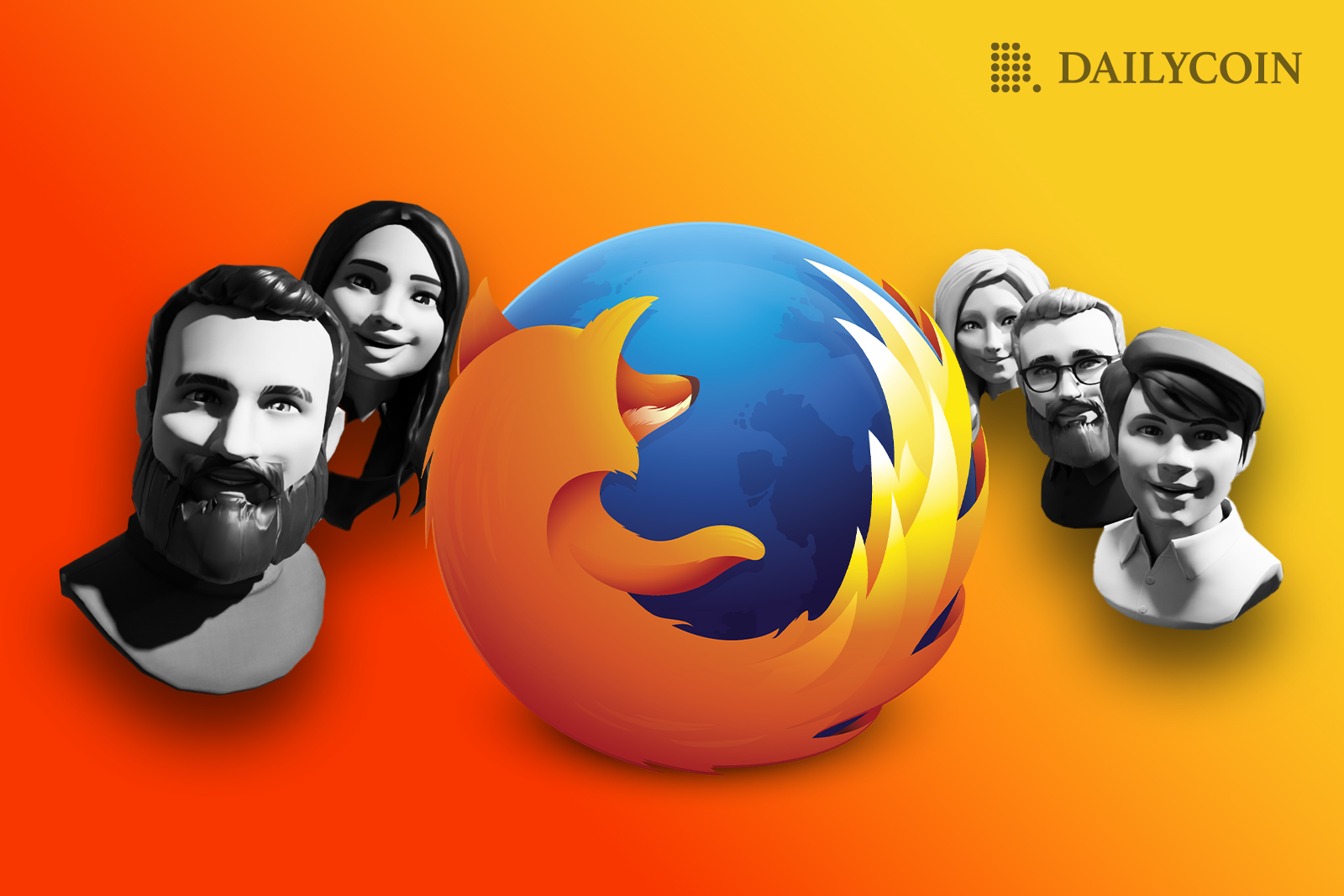
- Mozilla acquired metaverse startup Active Replica
- The Active Replica team will work on Mozilla’s Hubs virtual platform
- Mozilla also recently acquired machine learning startup Pulse
Mozilla Corporation, the open-source software firm behind the Firefox web browser, has acquired Active Replica, a startup building a “web-based metaverse.”
Mozilla announced its acquisition of the Canada-based startup in a Wednesday blog post. The firm highlighted Active Replica’s contribution to Mozilla Hubs. Hubs is a platform for communities to build their virtual event spaces and host events.
"The magical, immersive experiences that Active Replica has built are perfectly attuned to our increasingly distributed, remote-first world," Mozilla senior executive Imo Udom wrote.
The Active Replica team will continue its work on Mozilla Hubs, helping add new features to the Hubs engines.
Sponsored
“Together, we see this as a key opportunity to bring even more innovation and creativity to Hubs than we could alone,” Mozilla executives wrote.
Active Replica founders said that they are excited to join the Mozilla team. The acquisition will help further their mission of enabling people to connect virtually, they said.
"Mozilla has long advocated for a healthier internet and has been an inspiration to us in its dedication and contributions to the open web," Active Replica founders Jacob Ervin and Valerian Denis said.
Mozilla also recently acquired Pulse, a startup behind the active status updater for the popular messaging platform Slack. The tool leveraged machine learning (ML) tech and the Pulse team will build ML solutions for Mozilla.
Mozilla and Crypto
Mozilla’s open-source and privacy-enabled browser Firefox was the browser of choice for many blockchain enthusiasts. Mozilla’s commitment to open-source software, which is available for everyone to view, use, and change, is also popular among crypto natives. The Mozilla Foundation, the non-profit arm of the Mozilla Corporation, was also one of the early adopters in the field of crypto donations.
Sponsored
However, back in January, Mozilla stopped accepting crypto donations in Bitcoin and other proof of work tokens. The company cited concerns over the climate impact of such tokens. However, they did say that they will continue to accept donations in proof of stake tokens.
On the Flipside
- With its metaverse play, Mozilla is jumping into a crowded field. It will be difficult for the company to compete with giants such as Microsoft, Apple, and Meta, all of which have taken steps to secure a share of the coming metaverse.
Why You Should Care
Mozilla’s commitment to free and open-source software (like its flagship Firefox browser) means that the company is in a good position to help build an open, user-friendly metaverse.
Read about why interoperability is essential for the metaverse:
Metaverse Platforms are Working on Interoperability: Why Does It Matter?
Read about Meta’s metaverse blunders:
Biggest Failures Of Meta’s Metaverse
